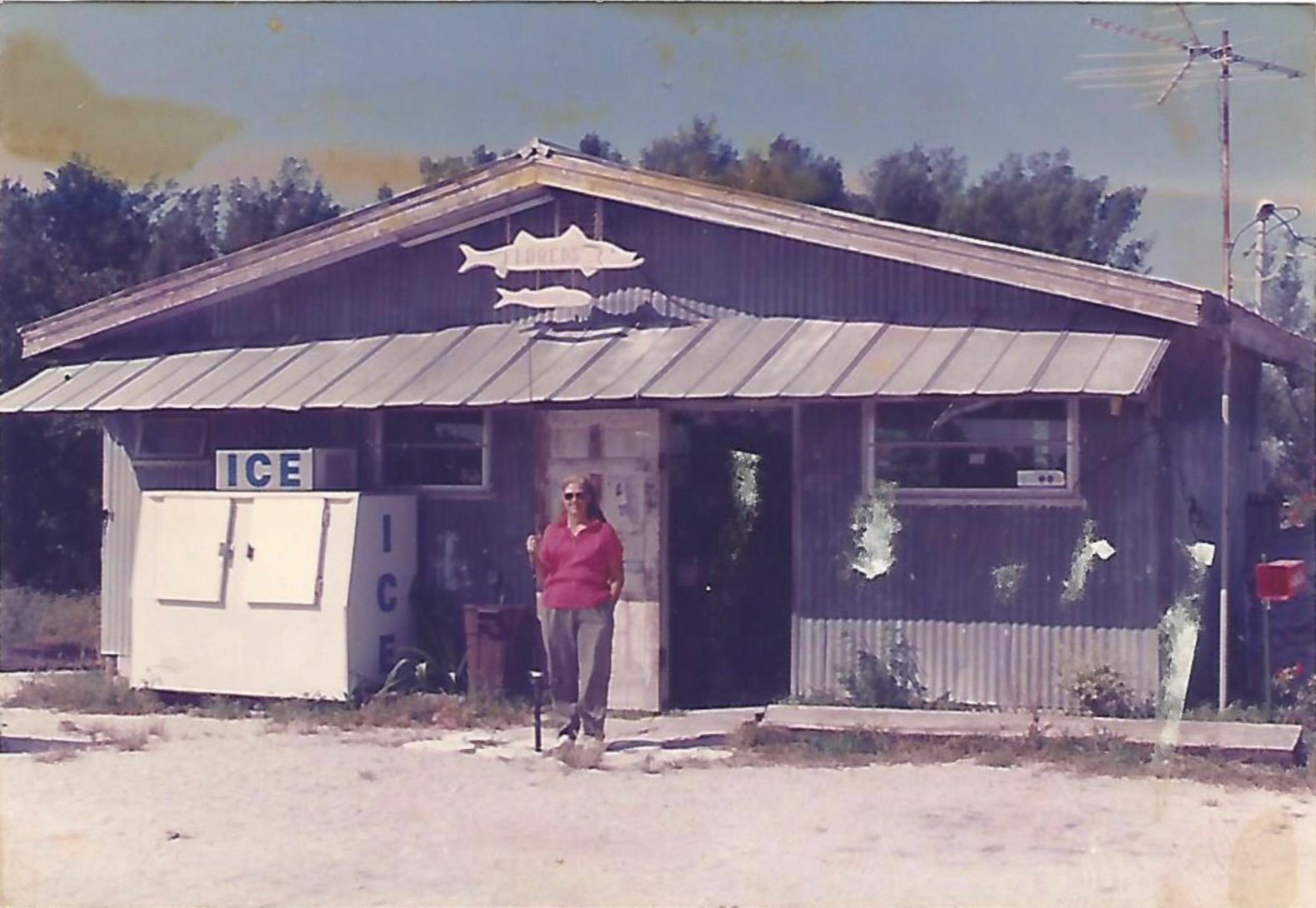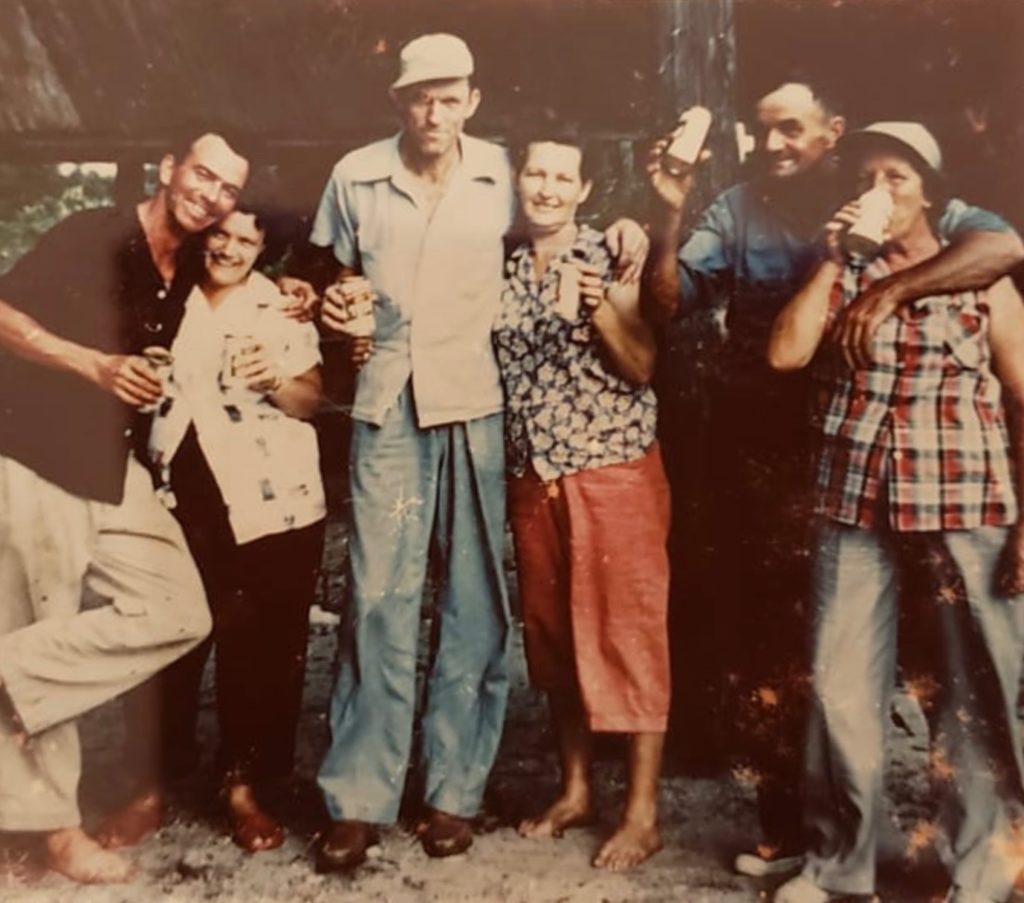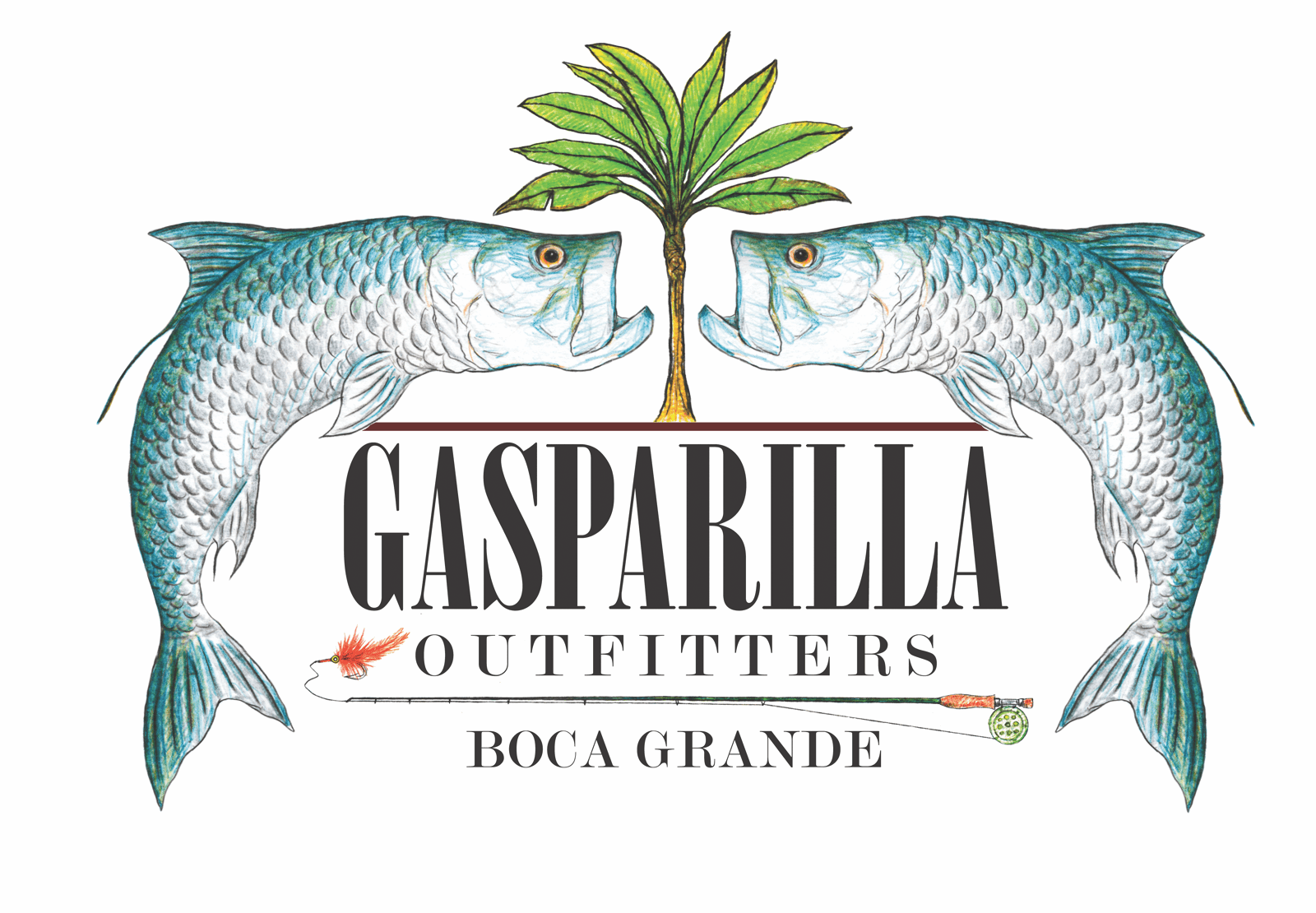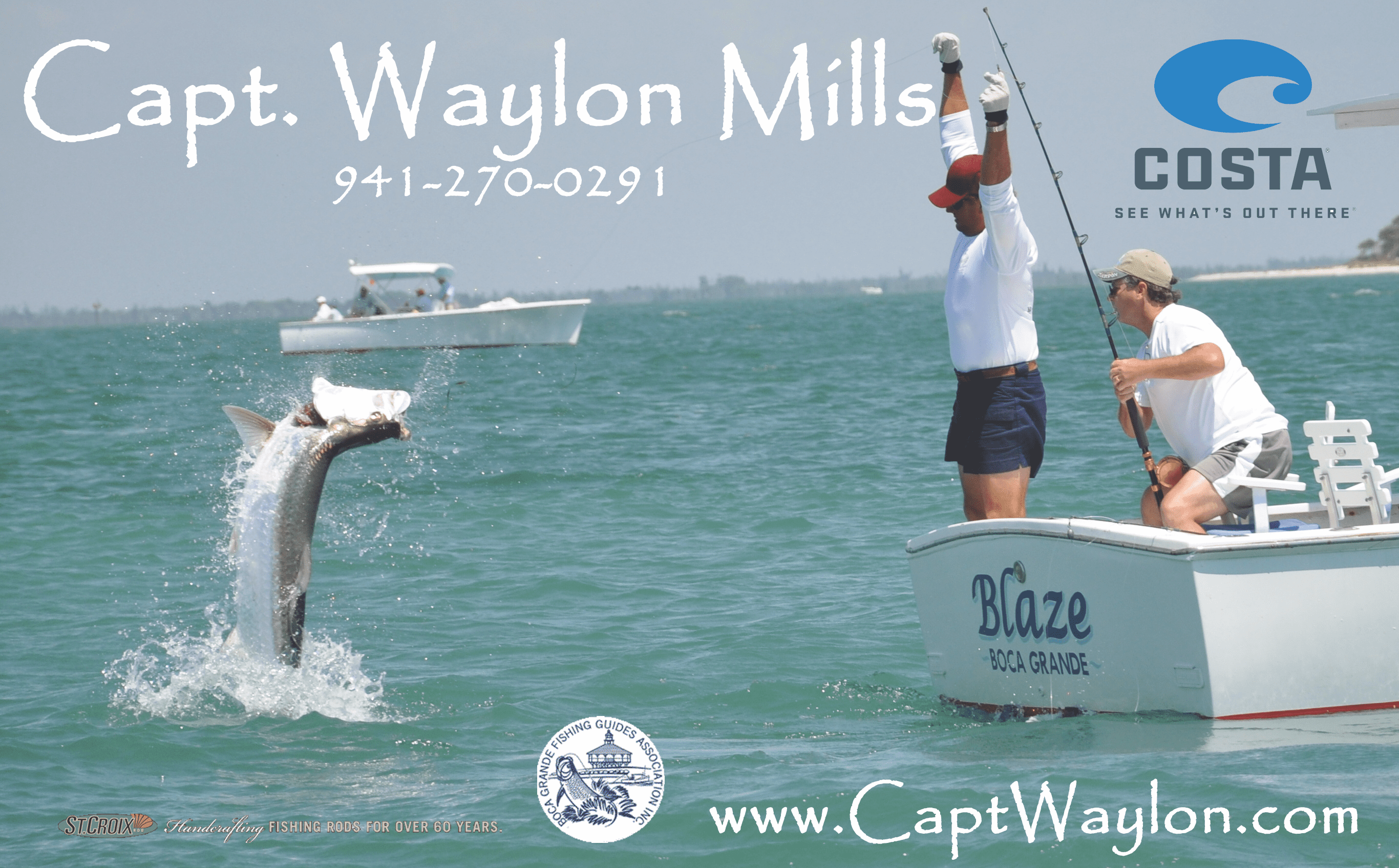Memories of Eldred’s Marina by Tim Dixon, Part 1

While the memories of one man can be quite different than those of another whose experiences were exactly the same, Tim Dixon wants to make sure that the history of his family’s relationship with Eldred’s Marina has been documented. This hardworking family has made the little marina on the causeway something special to a whole lot of people, so this is a story that bears telling. Enjoy part I …”
BY TIM DIXON
It all started in the 1960s when my Granddaddy, Alfred Bavis Dixon, known by most folks as Alfred or A.B., bought a parcel of mostly submerged land from Bert Cole. Mr. Cole had purchased the deed from the U.S. Army Corp of Engineers when the Corps was building the Intracoastal Waterway, which stretches from Massachusetts to Brownsville, Texas. The Corps approached upland and adjacent landowners and sold off parcels of submerged and partially submerged land in order to help fund the massive project. Granddaddy was a dreamer and doer, a visionary, no stranger to long hours of hard work, a man far ahead of his time. He went to the proper authorities and obtained permits to dredge and fill the parcel, and then he brought a dredge that he had built with his son Ormand to his new dream. He never asked for any special favors, no government grants, no subsidies.
All he wanted was to be left alone with his task. He got as much fill as he could get when the big dredge came through digging the waterway, and he dredged up more when he built the basin and channel out into the bay. The first time I remember going to “The Point,” as we all called it, I was just a kid, and Granddaddy had the dredge set up digging the channel out to the bay. I must have been about 10 years old at the time, and it was a very exciting time for me. We were living in Virginia then, and I had never seen anything like that.
A few years after that, his daughter, my Aunt Fay; and her husband, Uncle J.W. Moser, moved from Tennessee to Placida with their kids, to help Granny and Granddaddy with their dream. Granddaddy was living in a little house just north of Dixon Lane, where The Hammocks are now. He had gone to Tennessee and bought rough-cut yellow pine lumber, and had it shipped to Placida on a rail car. There was a railroad siding at Placida, and the car was dropped there so he could unload the lumber and haul it to the point to build a house and docks. Aunt Fay and Uncle J.W. had a large family, and they all pitched in to help build the house.
They moved back to Tennessee after the house was finished, but Granddaddy never stopped working on his dream. He had enlisted the help of his brother, Eldred, to build docks and put up a building by the road, which would become the bait and tackle shop. Uncle Eldred had been around the Village of Gasparilla, Placida and Englewood all of his life, and he knew everybody. He had owned a pool hall, restaurant and bar in Englewood, so naturally people started calling it Eldred’s Marina when he started helping Granddaddy build the marina. The name stuck, and Granddaddy, not being a narcissist, didn’t care. He wasn’t worried about what his dream was called, as long as it got finished.

In August or September of 1971, Granddaddy’s son, James O. Dixon, and his wife Marian moved to Placida with their 10 kids to help develop the dream. Granny and Granddaddy slept in the bedroom on the left at the end of the hall, the five girls slept in the bedroom on the right, and Mother and Daddy slept in the first bedroom on the left. The five boys slept in the living room on a bed and pallets on the floor. We didn’t have air conditioners, and heat was provided by portable heaters that plugged into wall outlets. There was no television to distract anybody from working, and no reason to stay indoors where it was hot, so you might as well get outside and do something productive.
Daddy had an old 1.5- or two-ton truck that we used to move here, and it had a dump bed on it. Granddaddy owned 20 acres of land just north of Panama Blvd., and there was a pretty good pile of shell that Granddaddy had dredged up there. Granddaddy had an old Allis Chalmers farm tractor with a bucket on it, so Daddy spent his days hauling dirt to the marina in that old truck, filling and building up the land. It was slow going, but Rome wasn’t built in a day. Later Daddy met some people who were developing a new place called Rotonda, and they offered to bring in some fill they didn’t need. Free dirt, and rocks for rip rap. They didn’t even charge for the rattlesnakes they brought along.
I met Donnie Cole as soon as we moved to Placida, and I started mullet fishing with him right away. It didn’t take long, and I was following in the footsteps of my Granddaddy A.B. and great-grandfathers; Granddaddy Tim Dixon and Pa (Tom) Lowe. I must have been born with saltwater in my veins. It wasn’t too long before I bought a pole skiff, then a kicker boat, while still in school. I remember as a kid Granddaddy A.B. getting on that pole skiff and showing me how to make her work. There was an old bait seine around the house, and my brother Tom and some of us kids were dragging it around in front of the house and caught some shrimp, which were soon sold for bait. A new venture was born. We built floating bait pens and tied them to the dock, and it wasn’t long before we were taking a gas lantern and dragging the seine in front of the house at night, when we could really catch shrimp.
During that time frame, Uncle Eldred found an old plywood pontoon boat with a 35 h.p. Johnson on it, and Daddy bought that. Uncle Eldred and Daddy hung in a new bait seine; it would fish about eight feet deep, and it must have been close to 50 yards long. We really expanded our horizons in the shrimp business! We could go around the bay dragging our seine and catch enough shrimp to sell. It was time to open a bait shop. Mother would have her first cup of coffee sitting on the bait tanks while she sorted through the bait, separating the live shrimp from the ones that died the night before.
We had also learned that we could tie the seine to the railroad trestle at night when the tides were right and catch shrimp travelling on the tides. My grandmother’s sister, Aunt Kitty, was married to Benjamin Franklin Huges, and Uncle Frank had owned a bait boat when they lived in Matlacha. Uncle Frank had an old shrimp drag that he had brought with him when they moved to Grove City, and he donated it to the cause, along with some informed experience about how to use it. We pulled the drag behind the old pontoon boat at night, and we thought we were big time.
There was an Old Florida family in Charlotte Harbor that had a great reputation in the bait business; their name was Holmes. Mr. Holmes was pretty successful in keeping shrimp, and sometimes we would go over there and talk with him about the shrimp business. There was another local family, the Todds, who lived on Cole Island and ran a bait shop and campground there. Jimmy Todd caught bait and Mrs. Todd drove the school bus. Mr. Todd found out that Daddy could weld, and he needed a new set of shrimp nets, so he asked Daddy if he could build them. Daddy made an agreement with Jimmy that he would build two nets, for no charge, if we could go with him and keep the catch from one of the nets. Many times I would go with them and pick the shrimp from one net while Daddy picked the other net, and Jimmy just ran the boat. We were learning.
Later Daddy bought an old stop net scow from Herbert Downing, put a tunnel and engine in it, and we had a sure enough real shrimp boat. Many times Mother would work the shrimp boat at night with Daddy, and other times I would go, as long as I got home in time for school. We got serious about the bait business then, and Mother would open the bait shop before daybreak and close about 6 p.m. in the evening, five days a week.
Friday and Saturday we were open till noon. Unless, of course, customers kept coming in. In that case we stayed open until they quit. The girls and younger kids helped Mother at the bait shop, and helped park trailers while the older boys worked in the barge business and helped run the bait boat. There were always boxes of Pic mosquito coils around the bait shop, with five or six burning to keep the mosquitos at a tolerable level. We kept a couple of small, clear glass bottles of Army surplus insect repellent on the boat, which we bought from Don Platt. It was stuff the military used in the Vietnam war, and it would take the paint off the door if you wiped your hand on it. It would also make you sweat like you were in a steam bath, but it kept the mosquitos down to a level that allowed us to breathe
Over the years other of Granddaddy’s children helped out and worked at the marina. I thought Uncle Curtis was a magician when he was working around the marina in the middle 70s. He knew how to mix fiberglass and do boat repairs, and as a young boy I was sure that was as close to magic as you could get. He could mix two liquids together and they would get hard enough to repair a hole in a boat tight enough that it wouldn’t leak. Simply amazing!
Uncle Howard moved back to Placida from Texas, and came to the Marina to help out. I had been helping Uncle Howard work on his boat the day he was suddenly, tragically and unexpectedly taken from us. He had inherited a boat named The Needlefish from my grandmother. She was built by my grandmother’s brother, my great-uncle Albert Lowe. Uncle Albert was a boat builder, and The Needlefish was his personal boat. Uncle Howard was working on her, and I had been hanging around, helping some, talking a lot, and just enjoying our time together. He lived just up the road, across from Palm Marina, now Marine Max, and he went home for lunch.
Shortly thereafter Daddy received a call that he was ill. I had a date with Dorann that night, and he lived just past her house, so before I took her home I went to check on him. There was a deputy parked in the driveway, but my young mind didn’t grasp the significance of that. When I approached the house he came out, and when I asked about Uncle Howard he told me that he had passed. I was devastated. I believe it was in our conversation on that day that he told me something I never forgot. I was talking about getting married, and he said “always remember when somebody tells you how great married life is. Misery loves company!” He had another thing he used to say when everything went sideways. “Big on the little, and bottom on the top.
Three-part history of Eldred’s from Tim Dixon:





